 Pete Bennett, Big Brother 7 winner, August 2006. Photo: Stuart Atkins/Shutterstock
Pete Bennett, Big Brother 7 winner, August 2006. Photo: Stuart Atkins/Shutterstock
After a five-year hiatus, Big Brother has returned to our screens. The reality show, in which contestants are locked in a house and filmed 24/7, originally launched back in 2000, when Tony Blair was Prime Minister, Pierce Brosnan was James Bond and the Spice Girls were (almost) still together . . Nearly a quarter of a century into its existence, the show has covered six more prime ministers, six general elections, two monarchs, the birth of smartphones and social media, the credit crunch, austerity, Brexit and a host of social changes. The program may not appeal to everyone. But, for better or worse, it has become a mirror of our times. Here's how.
2000 — Brave New World
The debut series of Channel 4's Big Brother marks an exciting new dawn. Just six months into the new millennium, reality TV seemed like a truly exciting social experiment. After the widespread paranoia of 2000, Big Brother showed technology in a new way: technology is no longer an agent of potential chaos, it can change the entertainment industry and, in addition, tell us something about ourselves.
We licked it up. The series featured psychologists to analyze the housemates' activities, and the program's concept posed a number of questions about human nature. Housemates Craig Phillips (who won), Anna Nolan and of course 'Nasty' Nick Bateman (kicked out by producers for trying to fake an eviction with the other housemates) became the talk of water coolers across the country. By the end of the series, the average weekly audience was 6.3 million.
Interest inevitably had a downside. Some viewers have dubbed this newfangled trend «television voyeurism.» The BBC Internet forum was full of such opinions at the time. A viewer named Neil wrote: «Aside from the boredom effect it has on viewers, I'm interested in the ethics of what is done to the participants themselves.» Meanwhile, a puzzled American commentator named Brian wrote: «Perhaps the popularity of reality TV in the UK is best explained by another entertainment alternative: a trip to the Dome.»
2001 — First openly gay contestant
Irish housemate Brian Dowling was the first openly gay character to appear on Big Brother in 2001. His appearance on the high-profile show helped change public attitudes towards homosexuality. Although this seems like recent history, times were much less enlightened: tabloid newspapers considered gays fair game for a «ride» in edgy stories. Just two years earlier, The Sun had actually exposed Boyzone singer Stephen Gately in one of these operations.
 Brian Dowling celebrates with his parents after winning Big Brother, July 2001. Photo: John Stillwell
Brian Dowling celebrates with his parents after winning Big Brother, July 2001. Photo: John Stillwell
Dowling helped push society toward greater tolerance. In 2001, same-sex unions of any kind were not recognized by law. However, just three years later, the Civil Partnership Act 2004 received Royal Assent, meaning same-sex couples can form a civil union.
It's hard to overstate Dowling's fame in 2001. The final was watched by almost 14 million people — that's a quarter of the UK's entire population. The former flight attendant, who came out to his parents as gay just two days before the show began, was so famous that his previous employer Ryanair was briefly renamed Bryanair by its public relations department. Who he was mattered.
Singer Will Young, another reality TV star of the era, was forced to come clean six months after filming Big Brother 2001 ended due to tabloid sting. Young said Dowling's win meant a lot to him. “Suddenly I didn’t feel so alone,” he wrote in his 2020 autobiography, “Being Gay.” “The fact that he is gay was not always the main topic of conversation. It allowed me to see that it was possible to accept a gay person as a person; not some monster.”
2004-2005 – Dirty Noughties  Daniel Bryan leads Emma Greenwood away from fight with Victor Ebuwa, Big Brother 5, June 2004. Photo: Shutterstock
Daniel Bryan leads Emma Greenwood away from fight with Victor Ebuwa, Big Brother 5, June 2004. Photo: Shutterstock
Gloomy, dirty, rough. Any claims that Big Brother was a noble social experiment were debunked during the tawdry fifth series in 2004. Poor ratings for last year's episode, dubbed the «most boring» ever, led to Big Brother going evil on the show — and the producers of the chosen housemates for their sass. The house was deliberately designed to be small and awkward, and soon it all started.
Three weeks later the notorious “night of fighting” occurred. What started as a fight over food between housemates ended in a full-on brawl, with Nadia Almada slapping Jason Cowan and Emma Greenwood and Victor Ebuwa throwing trays at each other (Emma was eventually dragged into the bedroom screaming: «I «God damn it, I'll kill you» «from Victor, which was nice).
The following year things got even worse. Some viewers thought housemates Makosi Musambasi and Anthony Hutton had sex in the house's pool, Maxwell Ward claimed he left scabs on his feet in Kieron 'Science' Harvey's food, and Kinga Karolczak (deep breath) appeared to pleasure herself in garden. with a bottle of wine. OFCOM received 900 complaints about the series. The watchdog did not uphold any complaints but said some scenes «bordered on the edge of acceptability in terms of potential harm and offence».
Russell Brand presents the spin-off show Big Brother's Big Mouth, 2006. Photo: Shutterstock
Fights, sex, scabs on feet, masturbation with a bottle of wine. Should we have been surprised? No. “Big Brother” reflected the seedy aughts, a decade of indie sleaze when fame-hungry wannabes discovered they could become overnight celebrities by being outrageous. In 2004, Russell Brand began presenting the spin-off show Big Brother's Big Mouth. Say no more.
2006 – Mental Health
Mental health issues used to be kept quiet in the UK. But the seventh series of Big Brother in 2006 began a lively debate on the issue — and perhaps not in the way Channel 4 wanted. Some housemates lived in different conditions. Eventual winner Pete Bennett had Tourette's syndrome and Nikki Graham suffered from anorexia and died aged 38 in 2021. Meanwhile, Shahbaz Chaudhry threatened to commit suicide on air.
 Nikki Graham in 2006, when she appeared in the series » Big Brother». Photo: PA
Nikki Graham in 2006, when she appeared in the series » Big Brother». Photo: PA
A growing number of mental health charities have begun to criticize the show for being exploitative and irresponsible. Samaritans, Rethink and the Mental Health Foundation have made their feelings known, with Marjorie Wallace, chief executive of the charity Sane, accusing Channel 4 and Brighter Pictures, the Endemol subsidiary that produced the show, of playing «fast and loose with people's lives» in a complaint to OFCOM . Even the tabloids, usually pro-Big Brother, chimed in with the criticism (The Sun accused producers of filling the house with «sex-obsessed lunatics, weirdos and unstable attention seekers»).
The show's producers criticized what they called «diagnosis at a distance» and said protective measures had been taken. They argued that having someone like Tourette on the show would help educate the public. They also said one of the «strong» features of Big Brother is that it «raises issues and people talk about it.»
Official statistics in the House of Commons library show that the number of people who reported common mental disorders, had suicidal thoughts or self-harmed increased between 2007 and 2014, suggesting the show may have raised awareness of mental health. Sadly, Graham died from complications related to anorexia nervosa in April 2021 at the age of 38.
2009 — The credit crisis takes its toll
Even Big Brother was not immune to the credit crunch that has crippled the UK economy since late 2007. The economic crisis led to a fall in housing prices, a cessation of bank lending and bankruptcies of businesses. What followed were years of austerity as the government tried to shore up the country's shaky finances. The immediate effects of the crisis were most evident in the show's tenth series in 2009. Big Brother has been cutting costs.
 Housemates: Big Brother, June 10, 2009 Photo: Shutterstock
Housemates: Big Brother, June 10, 2009 Photo: Shutterstock
To begin with, the house looked like a manifestation of internal decline. The designated smoking area was a bus stop and the bathroom was in a shipping container. In a major development, Channel 4 stopped donating money from its pay-to-vote phone lines to charity this year. The channel blamed the decision on the economic downturn and said it would bring Big Brother in line with other reality shows such as The X Factor and Strictly Come Dancing. At the same time, bookmakers said bets on who would be evicted were at an all-time low; people simply didn't have money.
But something else happened in 2009 that had a much greater impact on Big Brother: the press and public stopped caring. Ratings fell (only 3 million people watched the finale). Some commentators blamed the formula for being outdated and overly complex. Others suggested that the press had more important news to cover that summer, such as swine flu, the Telegraph MP's expenses scandal and even the death of Michael Jackson. During the series, Channel 4 announced that it would not be renewing Endemol's contract after it expired in 2010. The show then moved to Channel 5, where it aired from 2011 to 2018.
2023 – Variety
The most remarkable thing about the new series of Big Brother currently airing on ITV is how diverse the cast of its housemates is. For too many years, people of the same age and basically the same nationality lived in the house. The cast of series four, for example, look like a group photo from a lecture at an almost exclusively white, middle-class university. Never ever. Today, diversity is rightfully the watchword of society as a whole, and Big Brother finally reflects this.

Housemates in 2023 will include Farida, a 50-year-old woman from Wolverhampton (someone in her 40s — kudos!) who describes herself as a «very proud Muslim» who will continue to pray five times a day while at home. She also will cover her hair and dress modestly, but will also «strive to win,» she said. By the end of the presentation, Farida had already shown herself to be the head of the house. There's also Trish («I'm very, very left-wing, I'm a feminist, I hate the Tories»), Yinrun, a customer service agent from Shanghai, and a Thai-born model from Manchester called Zach. Dylan is a Coventry DJ with a prosthetic left leg, and «fierce, furious» Kerry rides a scooter due to her multiple sclerosis.
Dress up with token pomp by Jordan and Boris Johnson-loving Henry (who both arrived in velvet jackets because apparently that's all posh people ever wear), as well as a doctor named Matty, who loves “ecstatic dancing under the moon and stars” and loves to eat food out of the trash can, and you have a pretty wide group. The age difference between the oldest and youngest housemates is 32 years, which could lead to some interesting differences in worldviews given the simple fact of how long they've been on the planet. Finally, after almost a quarter of a century, Big Brother may finally reflect the world we live in.
Big Brother continues at 9pm on ITV2 and ITVX every night except Saturday.
p>What were your standout Big Brother moments? Tell us in the comments section below.


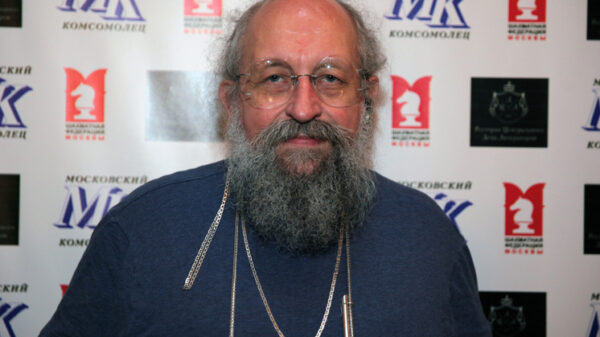






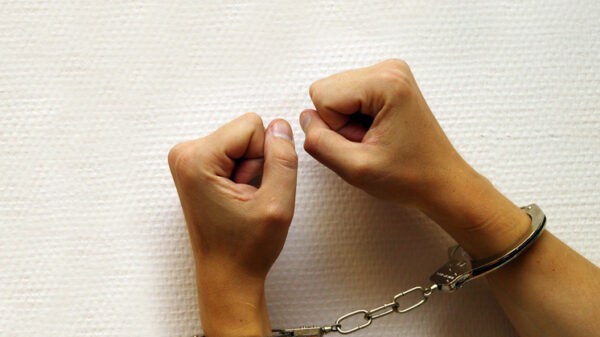



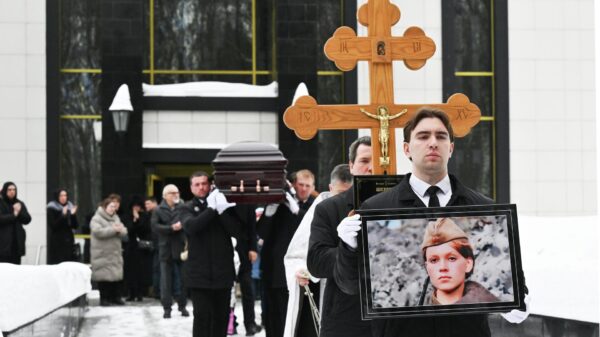

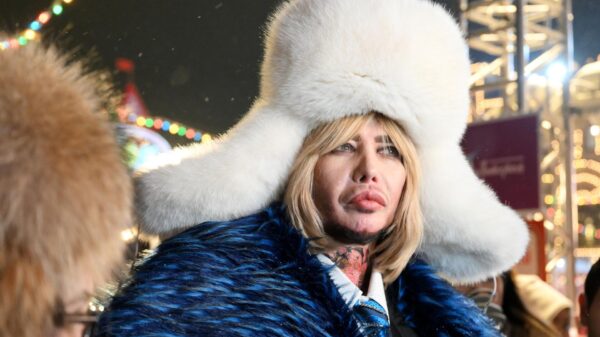

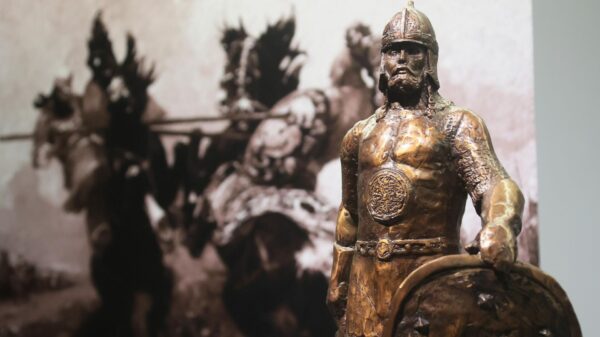

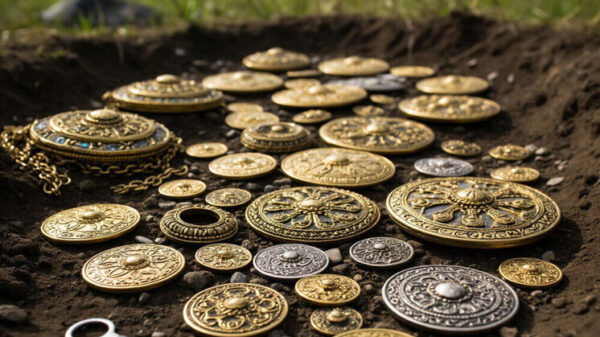
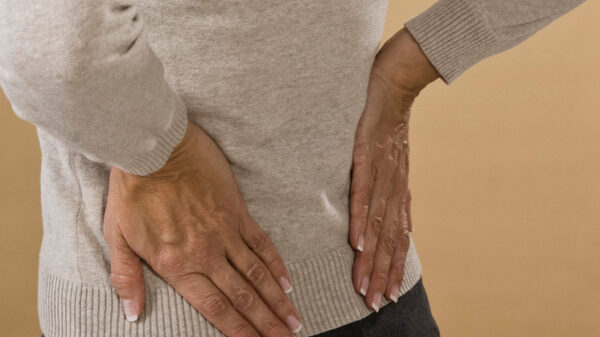
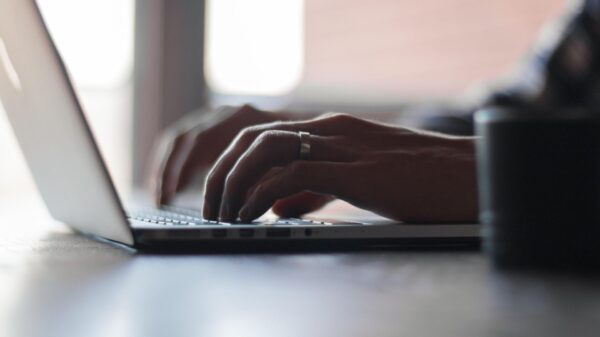





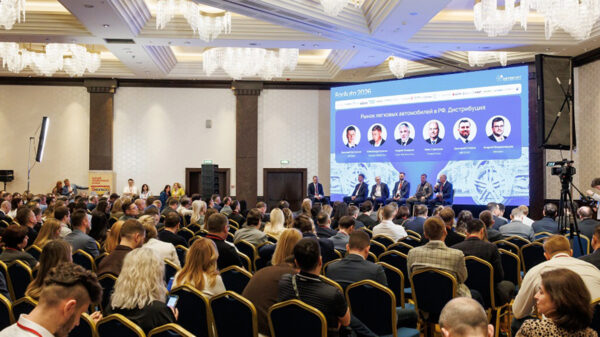






























Свежие комментарии